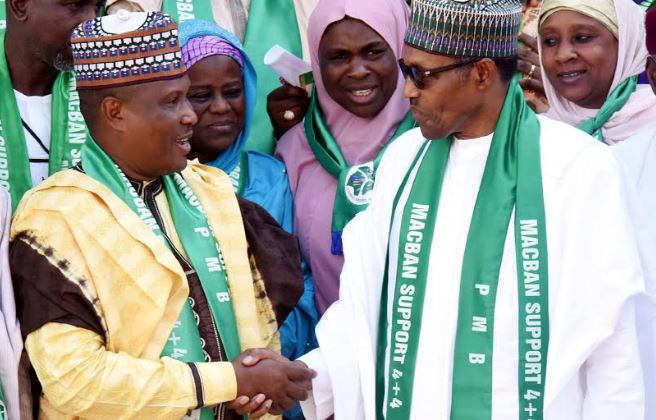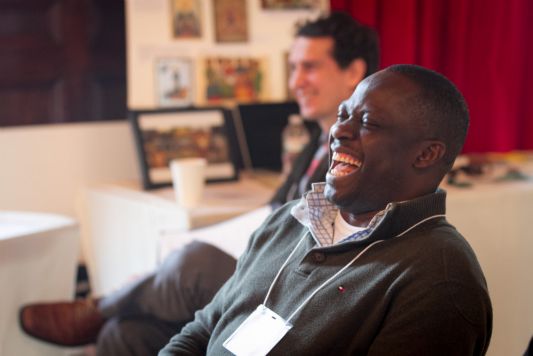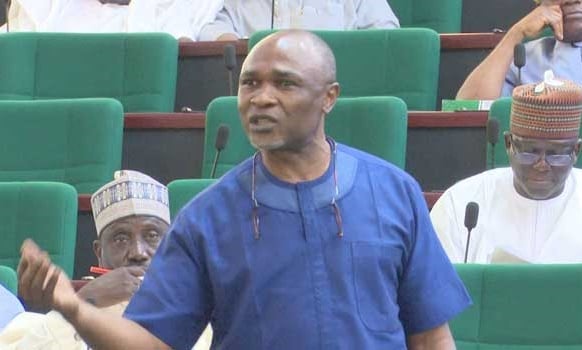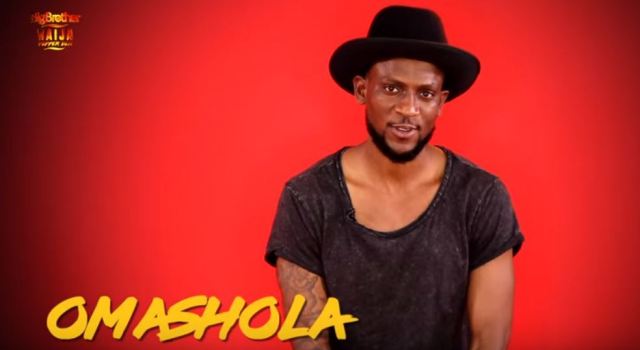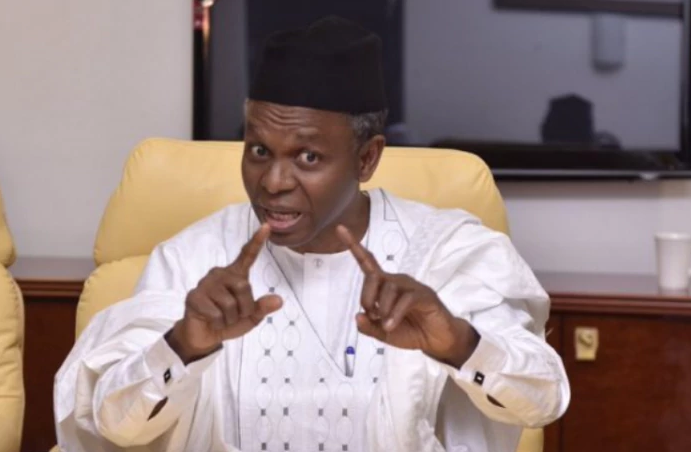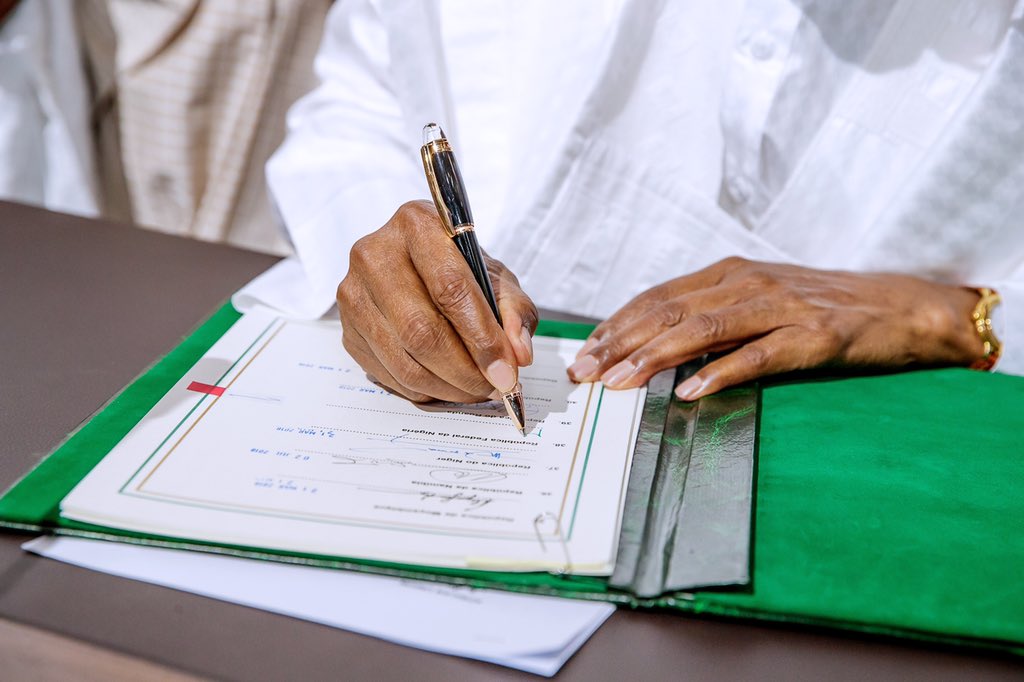I want this on record: I am opposed to the ruga racket. And my misgivings have nothing to do with the conspiracy theories on Islamisation and Fulanisation. I call it a “racket” because that is exactly what it is. I don’t understand the indecent haste by civil servants in the ministry of agriculture and rural development to award multi-billion contracts to construct ranches. If the office of the vice-president is already overseeing the National Livestock Transformation Plan (NLTP), which is a more robust programme for value-added cattle farming, why would the ministry excise ruga from the plan and start awarding contracts — especially when there is yet no minister? It is very fishy.
I also fault the process that produced the policy. Who was consulted? Were the herders themselves asked if they want ruga? Not so long ago, people made arguments in the media that the nomadic life is their culture and they would reject any attempt to destroy thousands of years of their history through ranching. Are we trying to decree them to abandon their culture just like that and then expect that they will automatically comply? What is the guarantee that the herders will use the ranches when constructed? As a policy analyst, I would treat that as a defining question. It is not good enough for ranch contractors to be smiling to the bank while leaving the rest of the society in tears.
Yet another question: how were the participating states picked? I understand, for instance, that a state like Kwara has a 5,000-hectare ranch in Kaiama LGA that has been abandoned for years. Such a state would have fitted effortlessly into the programme. Instead, Chief Audu Ogbeh, as minister of agriculture, excluded Kwara and included his home state, Benue, which everybody knew was going to be anti-ruga because of pre-existing conditions. How much consultation did the political leaders put into the process, especially because of the sensitive ethnic and religious issues that are bound to arise? Something is terribly wrong with policy making in Nigeria.
Nevertheless, despite the missteps, ranching is a beautiful concept with massive potential if we can take the racket out of the ruga. If the herders themselves, farmers, host communities and political leaders are sold on it, ranching can curtail the perennial conflict between farmers and herders in the country. For ages, herders have been clashing with farmers over destructive grazing practices. To the herder, or cattle farmer, the survival of his livestock is his No 1 priority. If farmlands are destroyed in the process, what a pity. If you challenge him, what a bigger pity. Surely, things can’t go on this way. If all key stakeholders accept ranching, that would be marvellous.
Advertisement
Furthermore, ranching has a lot of economic benefits. To the ranch owners, the livestock will be healthier, fatter and more profitable. They will get more beef and more milk yield per cow. Profitability can double. To the butchers, retailers and consumers, a cow at hand is worth more than two in the bush. A cow that can reach the market from a ranch that is a few kilometres away will be cheaper than the one being transported from Maiduguri to Fiditi. To the locals, cottage industry will spring up. When the Leventis Group set up a pig farm in my village in the 1980s, the local economy boomed with the introduction of “yungba” delicacy sold by a new generation of food vendors.
For ruga to work, I think there are more details to be worked out and worked upon. While ruga will provide water and pasture, are these all the cattle farmers need to stay in one place? What studies have we done to understand the likely outcomes? What other measures are we going to take to incentivise good behaviour and make sure the herders do not move again? Does this offer us an opportunity to build schools for their children as well? We need to look at the public value we can gain from this, most importantly the peace. For instance, the immunisation provided by government ordinarily looks like a personal benefit, but the entire society benefits from the containment of epidemics.
I think President Buhari did the right thing by suspending the project. At this delicate period of our nationhood, we can do with less fire-fighting. This crucial interval offers an opportunity to take a second look at the initiative. I would suggest that (1) stakeholders should be thoroughly engaged at all levels, taking into consideration the peculiarities of individual states and communities (2) states should be allowed to come up with their own initiatives in a way that suit them; none can be forced to do ruga (3) funds for the construction of ranches must be treated as concessionary loans — ranching is big business and the real issue at play is not even capital but land.
Advertisement
As I was saying, Nigeria is a country perpetually in crisis and the ruga fiasco is just typical. Trust is long gone. Conspiracy theories have taken over. Mutual suspicion is the rule. There are fears of domination. There are insinuations of hidden agenda. Politics is trumping common sense. So we keep jumping from one crisis to the other, from one conflict to the other. As one episode ends, another begins. As one season closes, another starts. Season one, season two, and so on. The tragic reality show is renewed endlessly. The lead characters change from time to time, from generation to generation. The directors and producers move in and move on. But the storyline is ever so familiar.
In my last article, “A Nation Perpetually in Crisis” (30/06/2019), I chronicled the crises and conflicts that Nigeria has gone through in the last three decades. I had barely shut down my laptop when, from nowhere, the ruga controversy exploded in our faces. In a matter of three days, the temperature of the polity threatened to match that of hell. I had traced the trigger for the permanent state of mutual hate, suspicion and tension along ethno-religious lines in the country to the mistrust generated by Nigeria’s membership of the Organisation of Islamic Conference (OIC) in 1986. I said the process was mismanaged by the Babangida administration.
Ironically, as I had also argued years ago, we stood to benefit financially and economically from OIC membership without the country being Islamised, despite the fears expressed by Christians. No country has ever been Islamised for joining OIC, but the delicate composition of Nigeria meant such a decision was going to generate red heat. This was clearly not factored into the decision-making process by the Babangida government and, in my opinion, we are still living with the after-effects. One of the most telling consequences of that era is that Nigerian Christians have become overly sensitive to anything Islamic, no matter the merits.
When Islamic banking was authorised by the Central Bank of Nigeria (CBN) some years back, all hell was let loose by those who said it was an attempt to Islamise Nigeria. Critics ignored the fact that Nigerian entrepreneurs could get finance at no interest but on the principle of sharing profit and loss. Those who tapped into the opportunity — including Christians, who have not been forced to convert to Islam as at the time I wrote this — are enjoying the benefits. The sukuk bonds, which offer more friendly terms than other bonds in the market, were also opposed just because of this suspicion of Islamisation. That is what happens when there is mistrust in the society.
Advertisement
The ruga controversy has inevitably followed the same pattern of rejection based on suspicion. There is a conspiracy theory that Buhari wants to Fulanise and Islamise Nigeria. The “Fulanisation” agenda, it is said, is to establish the foothold of the Fulani in every state of the federation for the eventual total take-over of Nigeria — to complete the job started by Uthman Dan Fodio in 1804. It comes against the backdrop of the increasing criminal activities of some herdsmen who have been implicated in kidnapping and rape in the south-west. They have been classified by the conspiracy theorists as “Fulani jihadists” who are out to help Buhari achieve his “Fulanisation agenda”.
But northern Muslims are being kidnapped too. Alhaji Musa Uba, the district head of Buhari’s village, and Alhaji Mahmood Abubakar, the chairman of Universal Basic Education (UBEC), were kidnapped. The Abuja-Kaduna road has been the most lucrative route for kidnappers in the last three years. At what stage do these criminals get framed as “Fulani jihadists”? I can answer the question: when they cross the River Niger and strike on Ife-Ibadan road. That is how conspiracy theories work. Insecurity is ruining the length and breadth of Nigeria. No geo-political zone or ethnic group is spared. But we would rather politicise the national catastrophe in order to promote our pet theories. It is a sad story.
Above all, I hope lessons have been learnt from this ruga fiasco. Apart from the need to manage our delicate dynamics sincerely and leave no room for speculation, we also need to step up the quality of policy making. There is a common defect among decision makers in Nigeria: they think because a policy looks good and beneficial, everybody will embrace it. Marketing a policy is as important as making it. You are dealing with attitudes, practices, beliefs and politics. Policy is not purely technical. As a example, everybody knows pedestrian bridges save lives, but why do people still cross the highway right under the bridge at the risk of death? I give that as homework to our policy makers.
AND FOUR OTHER THINGS…
OSUN MYSTERY
Advertisement
The Supreme Court judgment in the case between PDP’s Ademola Adeleke and APC’s Adegboyega Oyegbola left us with more questions than answers. Adeleke lost his Osun governorship petition against Adegboyega because, the apex court ruled, a member of the tribunal did not sign the judgment. How is that the petitioner’s problem? Will the petitioner drag a judge from his house to come and sign the judgement? The question remains: can INEC declare an election inconclusive and do a supplementary election? Except it is not yet made public, this million-dollar question seems to have gone completely unanswered. The Supreme Court can do better than this. Weird.
SENATOR SLAP
Advertisement
Senator Elisha Abbo, the ambassador of Christ who was videoed in a sex toy shop repeatedly slapping a nursing mother, has admitted his wrongdoing and apologised. The law is still expected to take its course, although fresh facts seem to suggest he is a career slapper. Nevertheless, I am pleased that he admitted his fault. In this same country, a state governor was caught on camera loading bales of dollars into his parachute but he still came out to say the video was “cloned”. Abbo could have followed this bad example, although he has no immunity like that guy. But he could have paid some social media influencers to be asking: “Why is the lady just talking now?” Hirelings.
NORTHERN MASQUERADES
Advertisement
The Coalition of Northern Groups (CNGs) issued a warning to governors who are opposed to the ruga settlement programme to reconsider their decision within 30 days. On Wednesday, Abdul-Azeez Suleiman, its spokesperson, said: “While we warn all state governments that stand against the implementation of the RUGA Initiative to desist and give peace a chance, we place President Buhari and the Federal Government on notice that they must completely stop this raging madness within 30-days beginning from today, Wednesday.” I would like to know the real masquerades behind these guys. Their arrogance and confidence stink to the heavens. Reckless.
MYTH BUSTER
Advertisement
So you were told that Timi Dakolo was a member of the Commonwealth of Zion Assembly (COZA) and was even the music director? You were also told that he married Busola in the church and the wedding was officiated by Pastor Biodun Fatoyinbo, the man she alleged raped her when she was 16? You further read that Dakolo had once married and divorced before meeting Busola? Well, these are the alternative facts from cyberbullies, according to Dakolo himself, who said: “Please watch the (wedding) video yourself. Does the Pastor look like Biodun Fatoyinbo? His name is Pastor Seyi of Global Impact Church… I have never been a member of COZA.” Counterfeiters.

